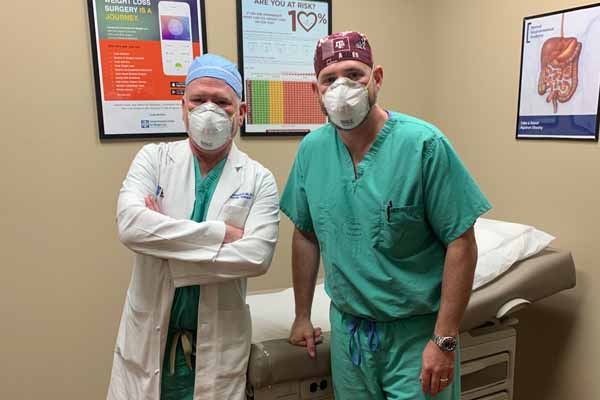
The national public health emergency (PHE) related to COVID-19 has been extended until Jan. 20, meaning many state and federal waivers and protections will continue throughout the year.
Health and Human Services (HHS) Department Secretary Alex Azar extended the emergency last week, the third extension since it was originally issued Jan. 27. It had been set to expire Oct. 23. (Some of the waivers and flexibilities are contingent upon declaration of a national emergency, which remains in effect.)
The extension allows the Centers for Medicare & Medicaid Services (CMS) to maintain several COVID-19-related Medicare waivers and flexibilities, including paying the same rate for telemedicine visits as for in-person visits, and allowing use of audio-only telemedicine services.
For Medicaid, the extension means Texas will continue to receive a 6.2% increase in federal Medicaid funding in exchange for maintaining coverage for people who enrolled on or after March 18, 2020, including women who otherwise would lose Medicaid 60 days postpartum.
In addition, at the state’s discretion, Texas Medicaid can maintain its state and federal regulatory flexibilities, which the Texas Medical Association anticipates will happen. These flexibilities include payment for telephone- or audio-only telemedicine services, suspension of revalidation requirements, and elimination of cost-sharing for children enrolled in the Children’s Health Insurance Program (CHIP).
The extension also means copayments related to COVID-19 testing (though not treatment) and any forthcoming vaccinations will be waived.
Certain HIPAA enforcement actions also will continue to be relaxed, specifically that physicians who use certain telemedicine platforms in good faith will not be penalized for noncompliance.
Gov. Greg Abbott in September announced that Texas’ major health insurers will continue to pay for telemedicine visits at the same rate as in-person visits through the end of 2020.
“Texas physicians want to provide their patients the best care regardless of whether the visit is in the same room or miles apart via technology,” TMA President Diana Fite, MD, said at the time. “This news ensures patients can continue to receive quality care regardless of the means by which it is delivered.”
Throughout the pandemic, TMA has called on state and federal leaders to allow flexibilities and expand programs in an effort to protect practices financially.
As always, check the TMA COVID-19 Resource Center regularly for up-to-date news and the latest TMA materials for your practice.